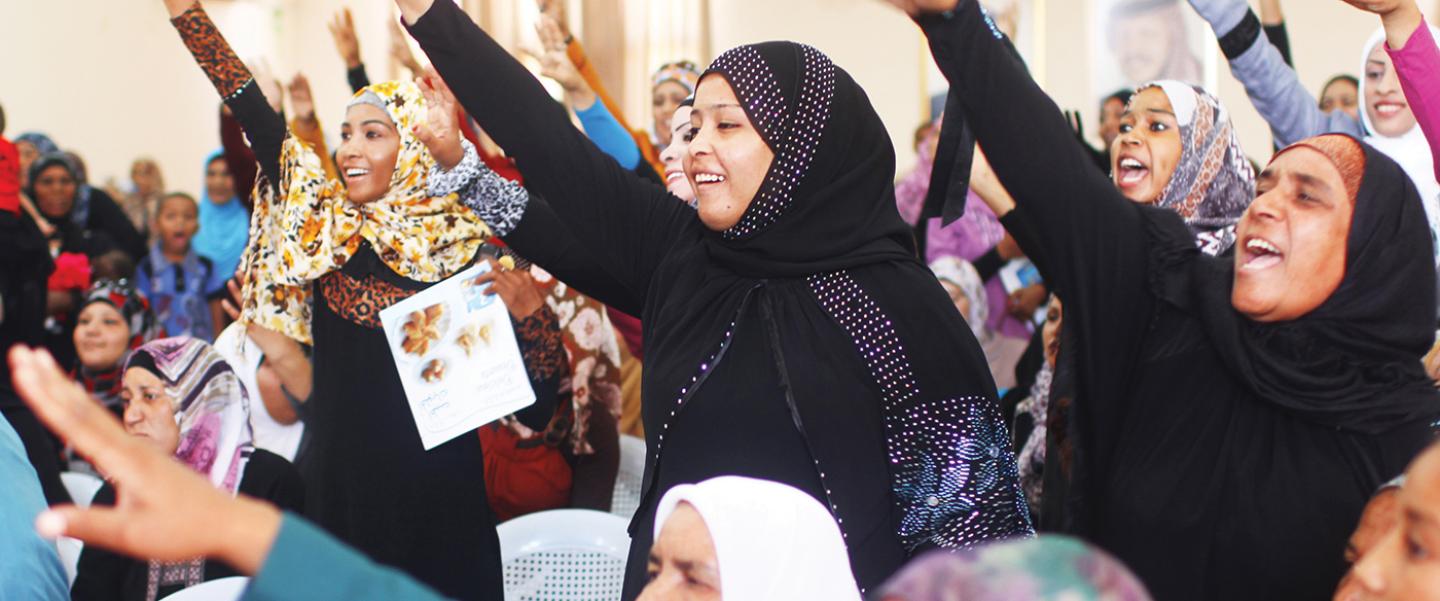HIGHLIGHTS
- The health of Jordanian women and families needs more support.
- Community outreach and strengthening the quality of services are central to the effort.
- More than 200,000 women have benefitted.
The Challenge
The Jordan Private Sector Project for Women's Health is a five-year project funded by the U.S. Agency for International Development with the mandate to help the Hashemite Kingdom of Jordan improve the health of Jordanian women and families by increasing the availability of quality private sector health care services, improved knowledge of how to self-manage illness, increased use of preventive and early detection measures and a reduction in domestic violence.
The Approach
A strong community outreach program, coupled with aggressive media campaigns, forms the core of project activities that aim to increase total and modern contraceptive method adoption, decrease contraceptive method discontinuation rates, increase demand for general reproductive health services, increase the frequency of breast screening and self examination, and increase the frequency of cervical examinations and PAP smears.
In addition, the project works to strengthen the quality of services provided by the private sector through the provision of didactic and clinical training programs, coupled with field-based clinical certification programs, and frequent visits to update medical knowledge. To increase access to women's health services, the project has organized a private physician network that can properly respond to family planning and clinical breast exam referrals and subsidize these referrals for needy women. Finally, these project areas are shaped to respond to the pressing need to increase awareness and provide interventions for women and families at high risk for domestic violence.
The Results
The project has built its community outreach capability such that over 20,000 women are visited per month and followed over a period of at least 12 months with 1-3 additional counseling visits. Over 200,000 women have been given information on family planning, early detection of breast and cervical cancer, prenatal and postnatal health, child nutrition, and child development. Initial radio and print media campaigns have been started that address family planning, early detection of breast cancer, and domestic violence. Later, media coverage will include television public service announcements and dedicated programming such as documentaries and a dramatic series.
A private physician network has been organized and strengthened to provide high quality family planning and early cancer detection services to needy women. In addition to this network, courses have been provided to more than 1,000 private doctors in areas such as advances in family planning, management of diabetes, management of hypertension, management of menopause, and management of sexually transmitted diseases. Practical clinical training has been provided in clinical breast examinations, gynecological ultrasound, and IUD insertion.
